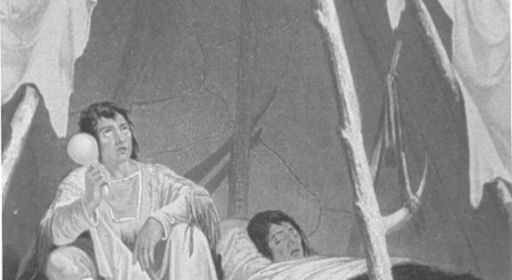Why Police Officers are Sometimes Called “Pigs” and Why “Poindexter” is Slang for “Nerd”

Why Police Officers are Sometimes Called “Pigs” Unlike so many other nicknames for the police, such as cops and the fuzz, this particular term has a relatively well known origin. You see, starting around the sixteenth century “pig” began being used in English as a derogatory term for people, whether police or not, as it still sometimes is used today. […]
Read more














